Description
Shakakal Misri or parsnip at sknatural is Pastinaca sativa. The parsnip, a root vegetable closely related to carrot and parsley, falls under the flowering plant family Apiaceae. The flesh has a sweet flavor, even more so than carrots, but the taste is different. It typically grows as an annual but is, in fact, a biennial plant. Its long taproot with cream-colored skin and flesh sweetens in flavor after winter frosts if left in the ground to mature.
During its first growing season, the plant forms a rosette of pinnate, mid-green leaves. If not harvested, it enters its second growing season, producing a flowering stem topped by an umbel of small yellow flowers. Eventually, it produces pale brown, flat, winged seeds. At this stage, the stem becomes woody, making the taproot inedible.
Handling the stems and foliage requires caution as parsnip sap can cause a skin rash or even blindness if exposed to sunlight after handling.
Nutritional elements:
It contains high vitamins, antioxidants, and minerals (especially potassium); and also contains both soluble and insoluble dietary fiber.
A typical 100 g serving of parsnip provides 314 kilojoules (75 kilocalories) of food energy. Parsnip cultivars generally contain about 80% water, 5% sugar, 1% protein, 0.3% fat, and 5% dietary fiber. Notably, parsnips abound in vitamins and minerals, particularly potassium, with 375 mg per 100 g. Although several B-group vitamins are present, cooking reduces the levels of vitamin C. Since most of the vitamins and minerals concentrate near the skin, they may be lost unless the root is finely peeled or cooked whole. Furthermore, during frosty weather, some starch converts to sugar, resulting in a sweeter taste.
Consuming parsnips offers potential health benefits. They harbor antioxidants such as falcarinol, falcarindiol, panaxydiol, and methyl-falcarindiol, which may possess anticancer, anti-inflammatory, and antifungal properties. The dietary fiber in parsnips comprises both soluble and insoluble types, including cellulose, hemicellulose, and lignin. This high fiber content may assist in preventing constipation and reducing blood cholesterol levels.
Uses:
It normalises blood pressure. Shakakal misri maintain heart health and also prevents kidney stones. 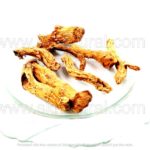
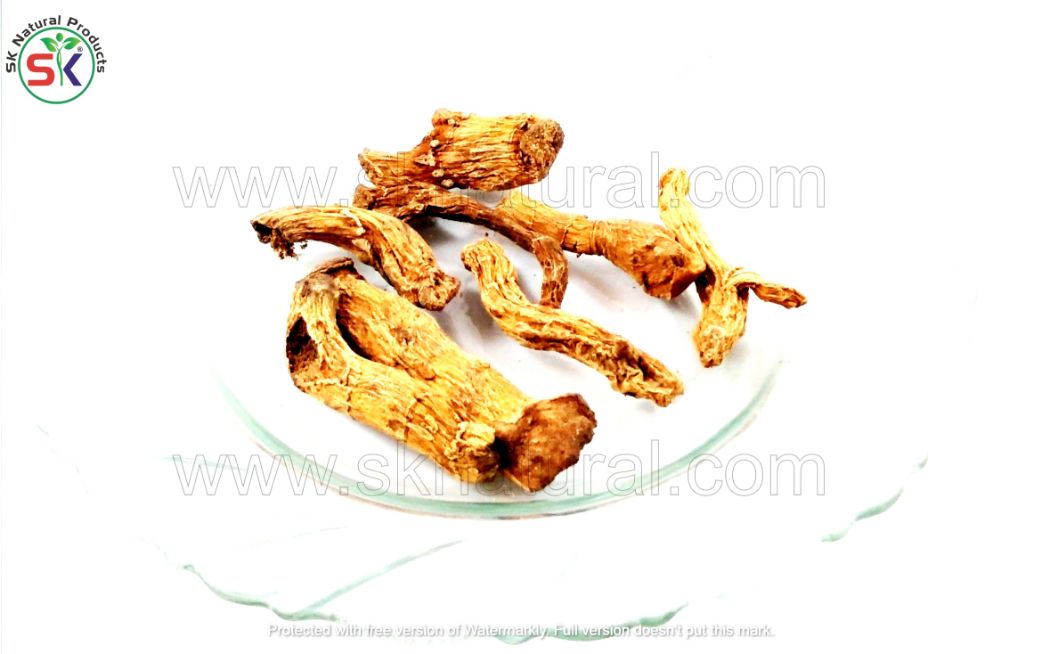
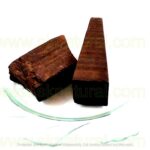
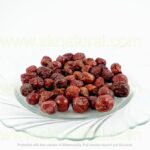
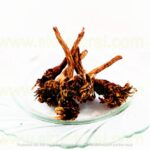
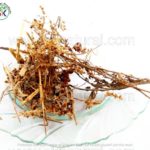

Reviews
There are no reviews yet.